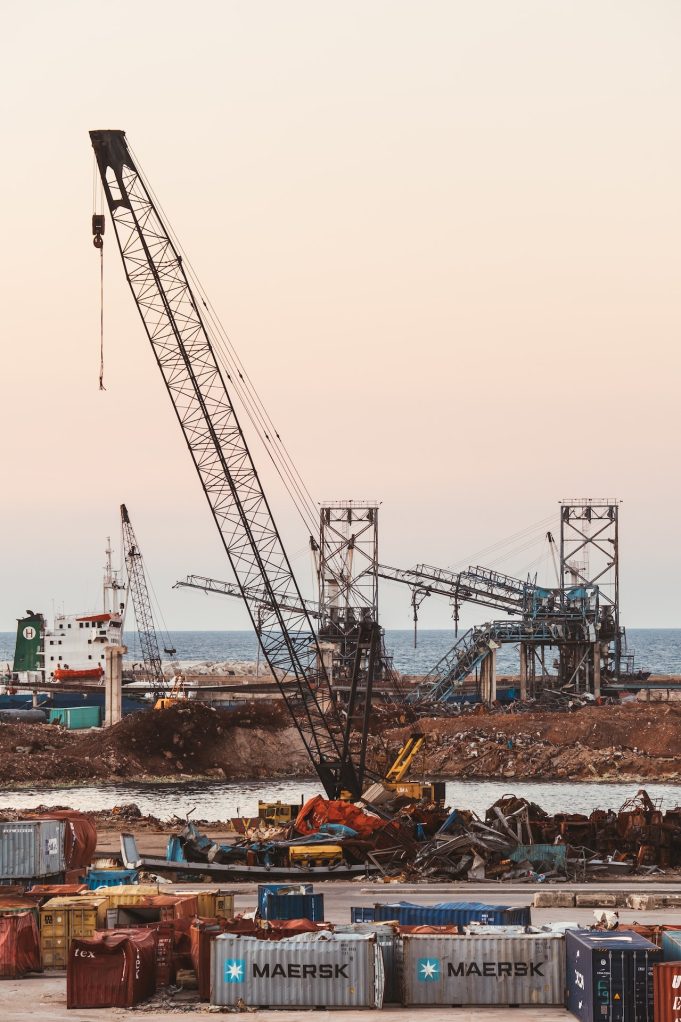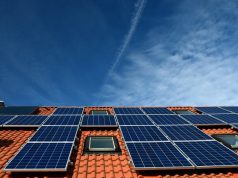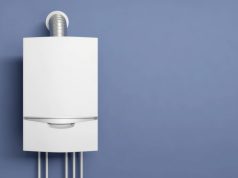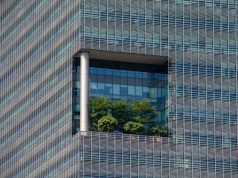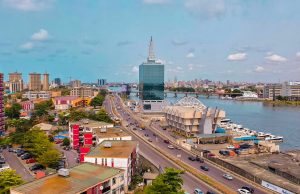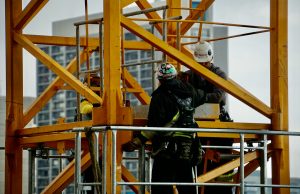Karim Khayat is the founder and Chief Executive Officer of Middle East Power, a leading energy provider operating predominantly in Beirut and Kurdistan-Iraq. An alumnus of Harvard Business School and the American University of Beirut, Karim Tahsin Al-Khayat founded Middle East Power in 2010. In addition to operating and maintaining the grid, Middle East Power is also overseeing installation of a new generation of smart meters, as well as leading the field in waste-to-energy conversion.
Waste-to-energy is not only a sustainable waste management strategy but also presents a cost-effective fuel source for the future. With climate change making itself felt with increasing voracity in counties all over the world, companies are coming under increasing pressure to adopt more sustainable, environmentally friendly approaches in their operations. Meanwhile, fuel prices have soared to an all-time high. Waste-to-energy is an effective solution for both of these problems, mitigating the harmful effects of landfill while simultaneously reducing reliance on fossil fuels.
According to BioEnergy Consult, waste-to-energy centres around the principle of converting waste into energy, producing electricity, heat or transport fuels. It can be accomplished in several ways. Incinerating waste at high temperatures produces heat that can be used to boil water, creating steam to power turbines in much the same way that conventional power plants use gas or coal to produce electricity. Anaerobic digestion and gasification are two other waste-to-energy routes.
In the Middle East, several waste-to-energy initiatives are currently underway. Middle East Power is proud to be a forerunner, providing know-how that guarantees waste recovery plant productivity and longevity.
With experience in a wide range of fuels, equipment and operating conditions, Middle East Power improves the energy efficiency of the sites it operates, helping to reduce the environmental impact of converting waste to energy.
This is an objective it consistently achieves by:
- Operating all plants in a safe, efficient and compliant manner
- Maintaining overall control and care of the plant and site
- Advising on tooling and inventory requirements
- Developing and implementing formal procedural, safety, maintenance and environmental management programmes
- Where necessary, recommending procedural changes to improve operation
- Responding and adjusting to changing operating conditions
Transforming waste into energy has numerous advantages over burning fossil fuels. According to BioEnergy Consult, one of the most important benefits is the potential to minimise waste going to landfill, which has been a serious concern in countries all over the world for many years. Landfills are not only unsightly but can contaminate land chemically and biologically, posing the danger of toxic waste leaching into the ground and entering the water table. Landfill sites also continuously emit harmful greenhouse gasses in the form of carbon dioxide and methane, with the latter gas being potentially explosive. Landfills are not only unpleasant to look at but detrimental to health, attracting vermin and giving off offensive odours.
In addition to waste-to-energy, Middle East Power provides a variety of other services, including:
- Grid management, implementing smart meter solutions and investing in power transmission lines and sub-stations
- Plant rehabilitation, providing full in-house reconditioning and rehabilitation plans for a full spectrum of power plants
- Operating and maintaining plants, implementing internationally recognised best practices and supervising major engine overhauls
- Independent power production, engaging with manufacturers, private sector companies, public sector entities and governments to guarantee the highest standards and best practices
- Delivering comprehensive engineering, procurement and contracting plans for a full spectrum of reciprocating engine power plants
- Consultancy services, providing expertise on business plans, project evaluations and visibility plans, including consultancy on clean production and energy efficiency
In Lebanon, Middle East Power in responsible for supplying, installing, operating and maintaining a photovoltaic hybrid power plant of 365 kWp, consisting of a fuel-saving device, a PV generator, inverters, data loggers and auxiliary equipment.
In Iraq, the Erbil and Dohuk power plants were built by a group of international contractors led by the Danish company BWSC. Having supplied critical power to the entire province, the plants suffered heavily from a lack of spare parts and limited availability of diesel oil over time, gradually falling into disrepair. By 2007, power production at both plants had ceased completely.
The Kurdistan Regional Government’s Ministry of Electricity selected Middle East Power to take over the projects. With the plants’ diesel engines out of commission and their operating systems in a state of collapse, morale of local staff was exceptionally low. Determined to restore the plants to full their full production capacity, Middle East Power transformed plant systems, updating software and operation programs and putting in place a highly skilled team of professionals boasting international expertise to work alongside the existing team.
The projects were a resounding success. Middle East Power remains responsible for the operation and maintenance of the Erbil and Dohuk power plants, ensuring that they continue to run at full capacity and producing much needed energy for the region.

